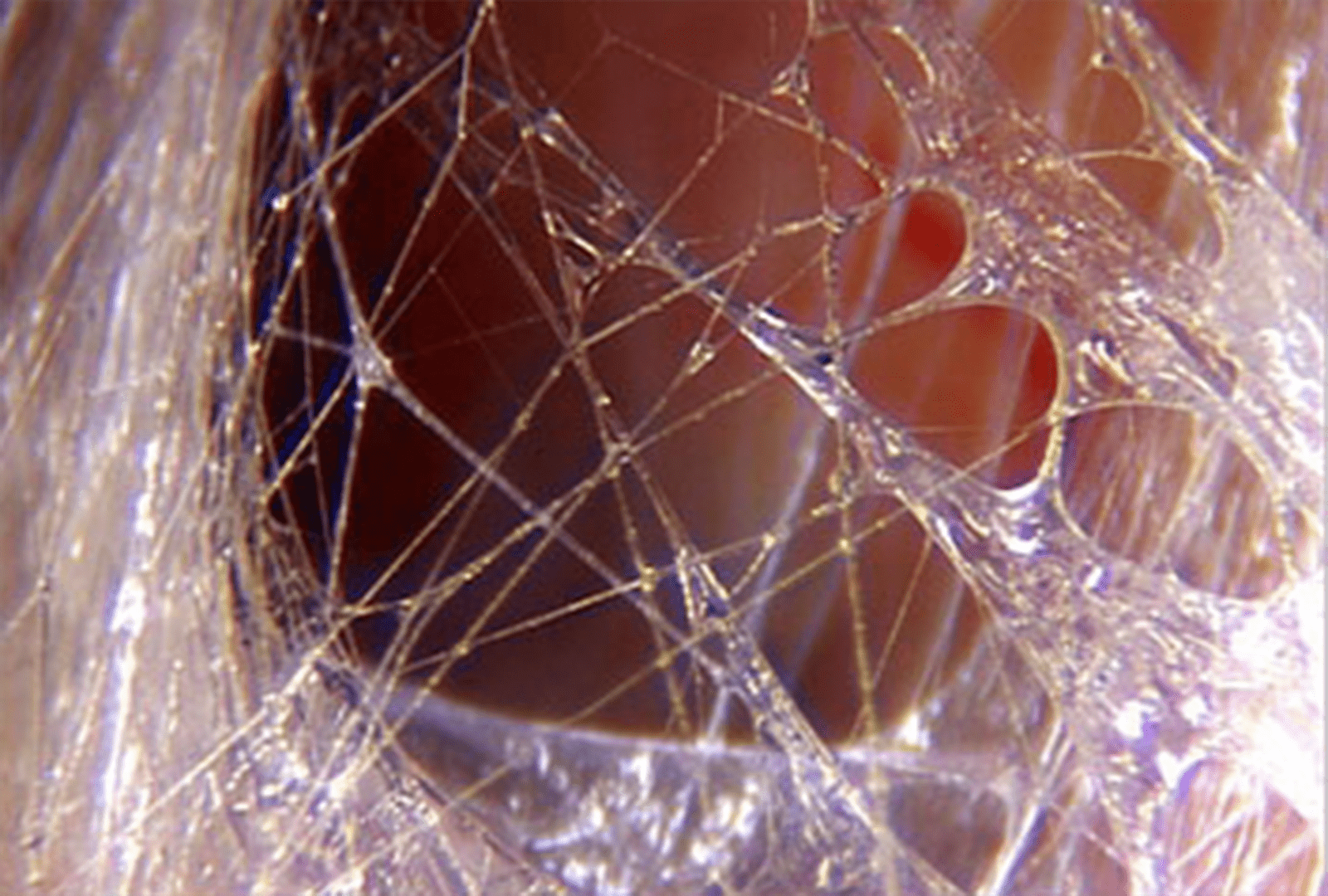Death by over-simplification

Last week, I posted the following idea on Facebook:
"There is no molecule that naturally exists in the body where it is universally helpful to raise or lower it when you have a health problem."
Let me give you an example of this. I was just watching an instagram video by a "musical breathwork fascia" lady. It was nicely done and she had good visuals.
One thing she said was that part of the benefit of proper fascial release is that it increases hyaluronic acid which increases fascial hydration because our fascia dry out as we age.
So let's pause because there's an embedded Problem-Response-Solution in here.
Problem: your fascia are dry because you're getting older.
Reaction: oh no, I've never even heard of that! What do I do?
Solution: do things that increase hyaluronic acid
(You should learn to see this in all stories about what causes your health problems and symptoms, especially those with reductionist stories)
So what's hyaluronic acid? Well, it plays a role the homeostasis of the lubricating gel in your fascia. So this lady was saying that increasing it would reverse the drying out of fascia that happens as we age.
So, increasing it is good.
But then I'm thinking, "hey! I remember that word!" It recently came up in a text chat with a friend of mine who is a high level rehab coach for professional athletes. He mentioned that research is showing that a trigger point is essentially an area of tissue where there's too much hyaluronic acid (HA). The HA breaks down proteins allowing water to come in (hydration) and then it gets stuck in these pockets, causing pain and dysfunction.
In that text, he said that too much HA is bad.
So who's right?
Well, both are right. HA can increase water content in tissue and lower viscosity of the gel. And too much can cause dysfunction and pain. Obviously, hydrating your tissues by popping cells and letting them leak out is only going to be helpful to a certain point.
But here's the bigger point: if you don't learn the structure of these stories, you will get Reductionism Whiplash trying to "keep up" with new words and whether these words code for good things or bad things.
If you listened to that lady, you might think to run out and buy a hyaluronic acid supplement. After all, you're not getting any younger! And this "goes down with aging," right?!
What HA really is is one of our 20,000 biomolecules. And now let's go back to the beginning - there isn't a naturally occurring biomolecule that our body produces that is good to raise or lower universally. These are all context dependent and they are all in relation to the other 19,999 biomolecules.
They're all involved in regulation and they are highly context-dependent.
Learning the term "hyaluronic acid" or any other single molecule is not going to help you better understand the nature of your body, what is going on with it, or what to do about it.
For that, you need to understand the first principles. And your body's ecology. Which definitely includes moisture and structure but it not understood at the level of hyaluronic acid. Although if you say it in a video, you will sound super authoritative.
So the next time you listen to a podcast or watch a video that drops some polysyllabic important-sounding molecule in the story of "the solution" to your problem, you can calmly let it pass over you. And maybe even ask, I wonder what happens if I have too much?

